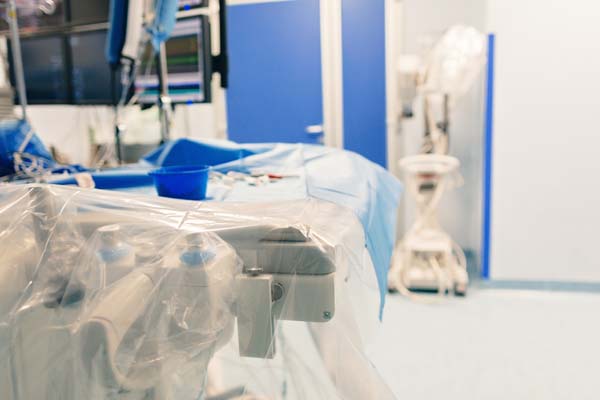What Happens in a Catheterization Lab?

Without a catheterization lab, it would be difficult for your doctor to assess the health of your cardiovascular system. This facility is critical to the diagnosis and treatment of heart disease and the conditions that affect blood flow in your body. In this room, doctors and nurses team up to provide the most accurate assistance and care for your heart and arteries. It can be helpful to understand what takes place here and what procedures your doctor will handle.
Heart health
Because cardiovascular disease is so common and deadly, doctors want to have as much information as possible to treat it. Before undergoing invasive procedures, the doctor may prefer to do faster, less rigorous testing. Based on the test results, the doctor may prescribe a certain drug. Other occasions may call for adjustments to the patient’s diet or exercise routine. Because of catheterization lab testing, the doctor may also recommend a combination of different procedures.
The procedure
At a catheterization lab, the doctor will insert small, flexible tubes into the patient. This usually goes into the person’s arm or leg and is meant to reach the blood vessels. A technician will use an instrument to look at the blood vessels and determine how effectively blood is flowing through the vessels and arteries. If blood flow to the heart is poor, the doctor may diagnose a blockage in the cardiovascular system.
Working with other procedures
During cardiac catheterization, the doctor may perform other processes to get a clear picture of the person’s condition. The doctor may perform a biopsy by taking a small sample of the heart tissue. From this, the physician can determine whether the patient has cancer. To keep an artery open, the doctor may also place a mesh tube called a stent. In a catheterization lab, the team may also do an angioplasty. This procedure cleans out blocked arteries, making them wider.
Advantages of a catheterization lab
Doctors and patients may both prefer catheterization over surgery such as a bypass. Lab procedures can be much faster and less invasive than an operation. The tests can effectively show the doctor the extent of the patient’s cardiovascular problems without a long hospital stay and recovery time.
Helping patients feel comfortable
The catheterization lab staff wants the patient to feel at ease during the process. In the lab, support team members will explain how catheterization works and what instruments the doctor and technicians will use. People who come in for testing will get the opportunity to ask questions and express concerns. The patient may even get a tour of the facility.
For your own good
Going to a catheterization lab is probably a new experience for you. Still, it does not have to be scary or intimidating. This room can play a critical role in your cardiovascular care and well-being. After you and your doctor discuss your symptoms, you may come here to confirm the doctor’s diagnosis or evaluation. Call your doctor today if you believe your heart is not working properly or if you feel the effects of heart disease.
Get more information about Florida Premier Cardiology in Delray Beach at https://floridapremiercardio.com.
Check out what others are saying about our services on Yelp: Read our Yelp reviews.
Recent Posts
Concerned about an upcoming coronary angioplasty treatment? Read on to learn more about this procedure. Coronary angioplasty treatment is used to improve blood flow to the heart and its structures. Your heart is one of the hardest working muscles in your body with over 100,000 beats per day.Your heartbeats power your cardiovascular system as it…
An echocardiogram, or EKG, provides cardiologists with a detailed view of how the heart beats and pumps blood, making it one of the most useful tools for evaluating heart health. This quick, noninvasive ultrasound test helps detect problems that may not appear on a routine exam or EKG. It also guides treatment decisions for many…
Varicose veins can cause discomfort, swelling, and visible changes that affect confidence and circulation. varicose vein treatment helps relieve these symptoms while improving overall vascular health. Advances in medical technology now allow cardiologists to offer effective, minimally invasive procedures that restore proper blood flow with little downtime. Understanding what to expect from varicose vein treatment…
Peripheral arterial disease can cause uncomfortable symptoms in the legs and, sometimes, the arms. Fortunately, a cardiologist can detect this condition early and provide personalized care to minimize the day-to-day impact. While being diagnosed with peripheral arterial disease may sound concerning, understanding exactly what it means and how to manage its symptoms can lead to…


